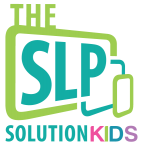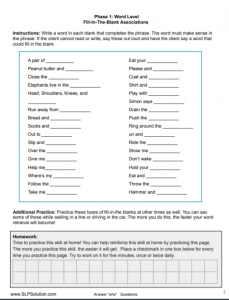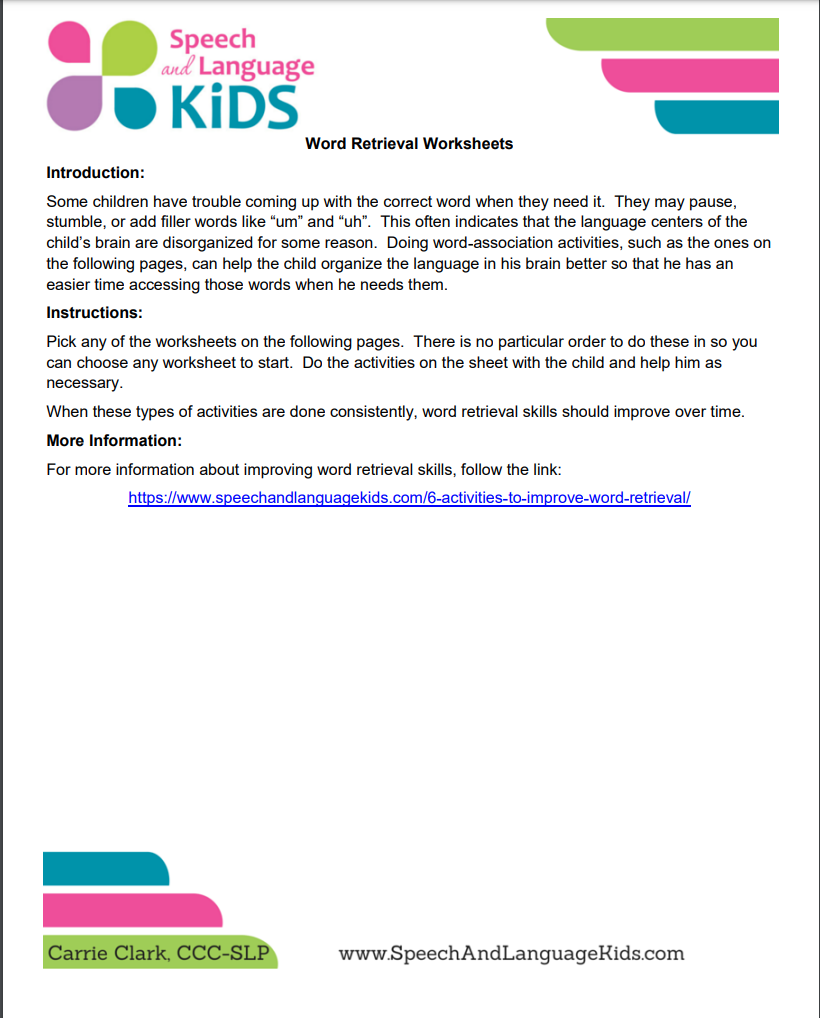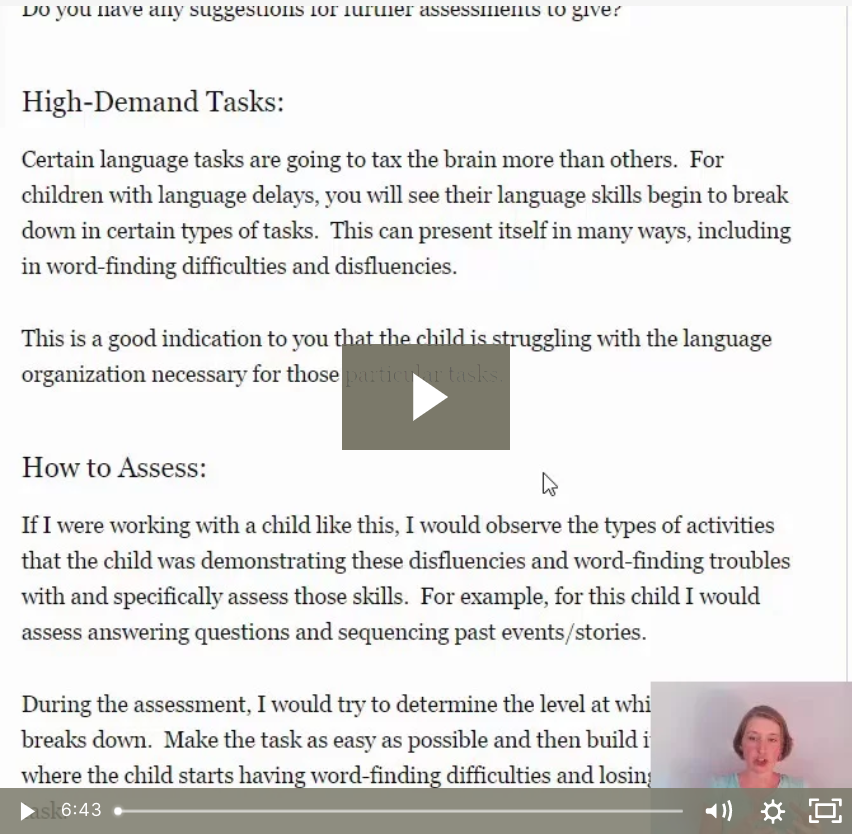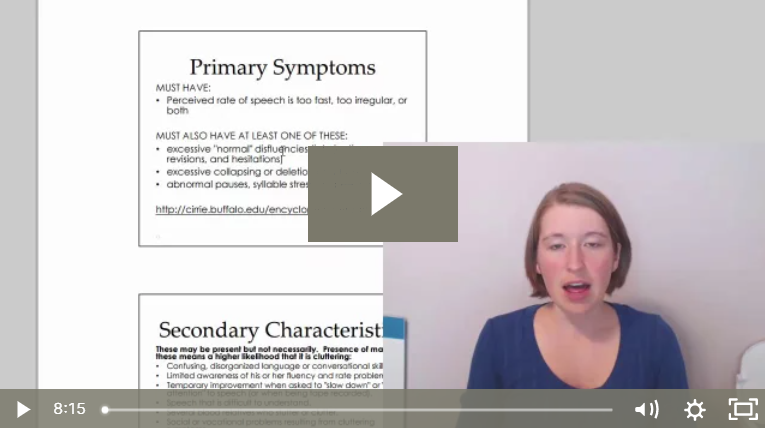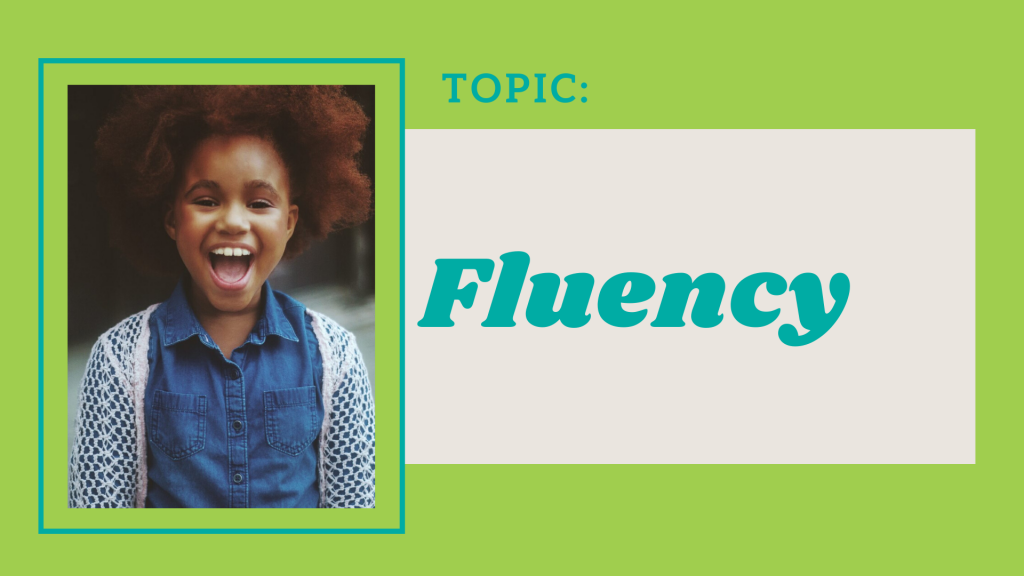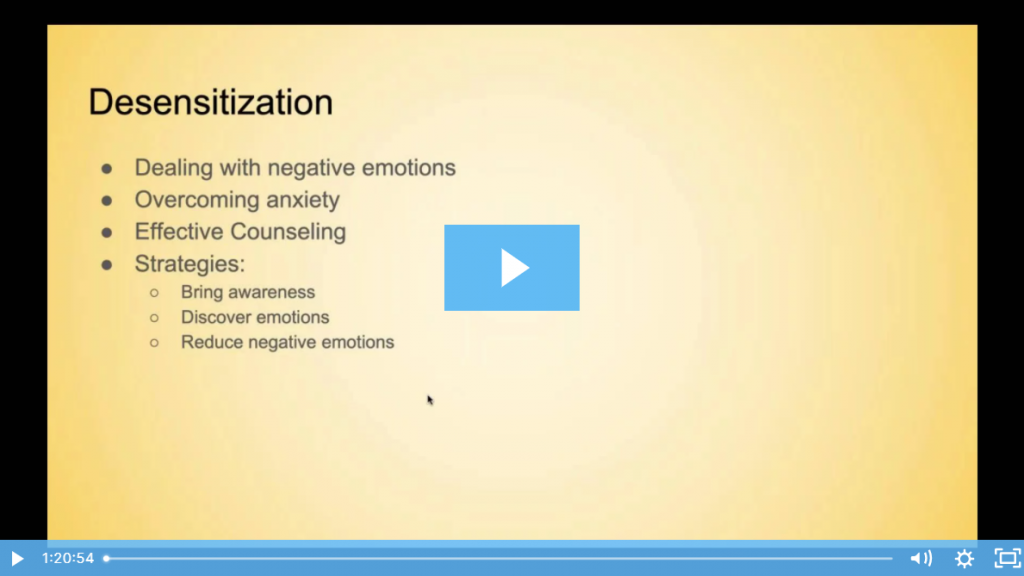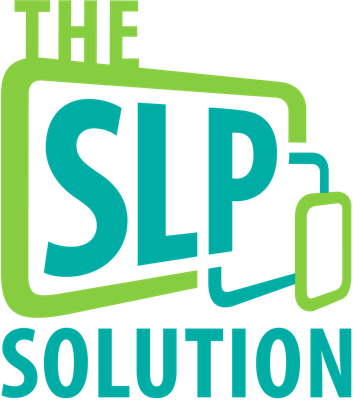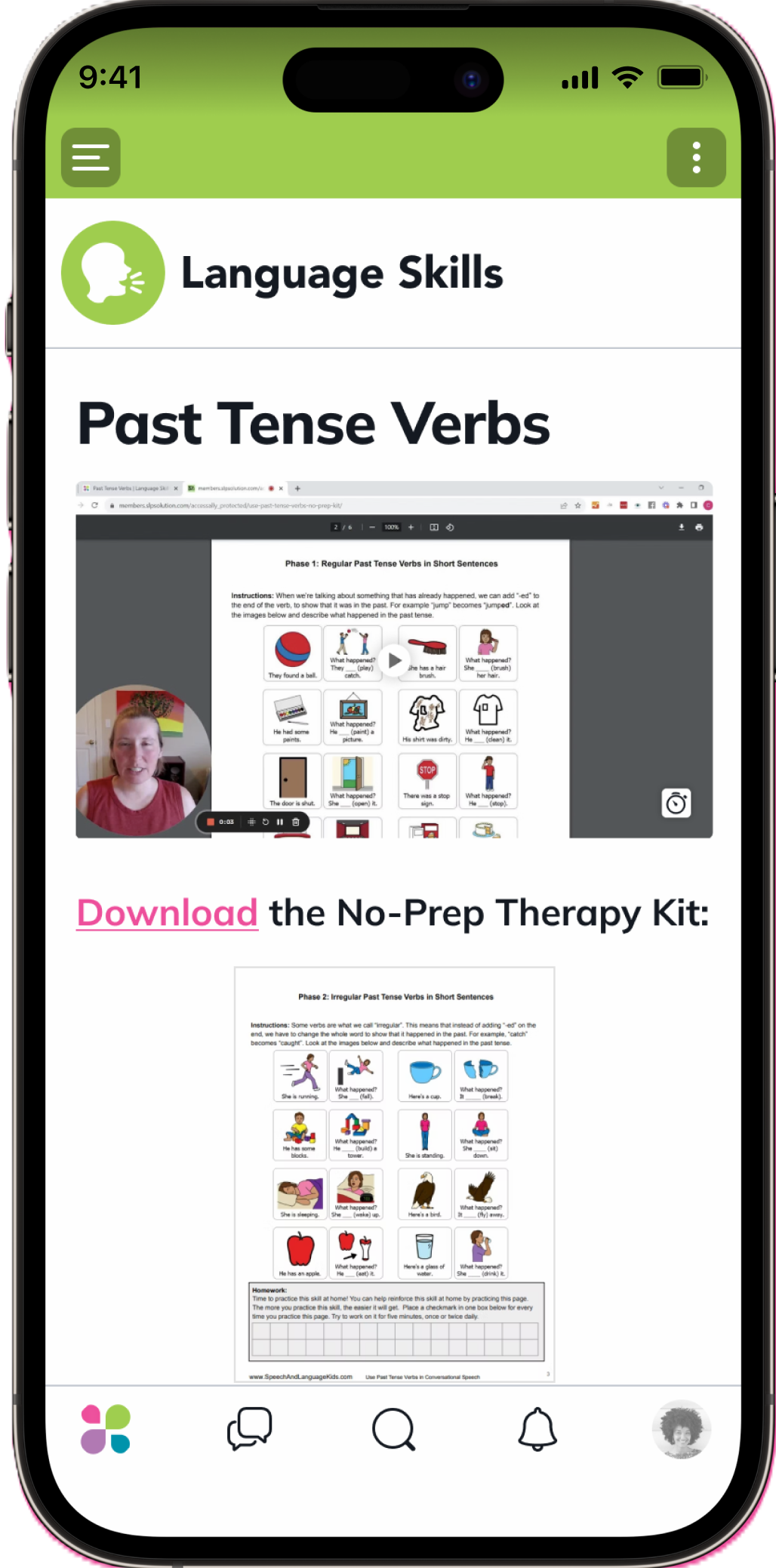Goal: Improve Word-Finding/Word Retrieval Skills During Conversational Speech
Sometimes, our clients struggle with word finding. They may use a lot of “like”, “um”, and “stuff” when they are trying to think of the right word. This can be caused by a variety of reasons but there are a few different therapy activities that can help with this. Here’s a guide to break them down for you.
Sample Goal:
During a 10-minute conversational sample in the therapy room, client will demonstrate appropriate word-finding skills by using no more than 3 filler words during the sample on three consecutive data collection days.
Download the No-Prep Therapy Kit:
We have a start-to-finish therapy kit that will give you everything you need to practice this skill in therapy and send home homework. Click the packet below to open it. Then, print it out and place it in the child’s notebook or binder.
Therapy Phases:
The word-finding activities for this goal do not necessarily have to be completed in this order. Word-finding should be addressed at the word level first but specific activities can be targeted in any order.
- Word Level: Client will participate in a variety of tasks from the following list that require him to think of single words or short phrases quickly:
- Fill-In-The-Blank Associations: When presented with a cloze phrase, client will fill in the rest of the phrase with an appropriate word on 4 of 5 opportunities.
- Rapid-Naming from Categories: When given a category (such as vehicles, foods, etc.), Client will name 10 items from that category on 4 of 5 opportunities.
- Provide Word from Definition: When told the definition of a common word, Client will name the word on 4 of 5 opportunities.
- Listing Items Required for a Task: When given a common task (like brushing teeth or washing hands), Client will list the items required to complete that task on 4 of 5 opportunities.
- Finish Similes: When presented with a cloze phrase that is a simile (such as, “as stick as ____” or “as full as ____”), Client will complete the phrase with an appropriate word (something that fits the adjective used) on 4 of 5 opportunities.
- Antonyms and Synonyms: When presented with a common word, Client will provide a synonym and antonym for that word on 4 of 5 opportunities.
- Conversational Level: During a 10-minute conversational sample in the therapy room, client will demonstrate appropriate word-finding skills by using no more than 3 filler words during the sample on three consecutive data collection days.
Supplemental Materials
Here are some other resources that may help you when working on this skill:
The first thing you’ll want to try for a child who is struggling with word finding is to work on it at the single word level. This can be helpful even if the child is only struggling with word finding in conversation because it will help his brain better organize its language information.
Here is a worksheet full of word-finding activities, plus a video showing you how to use them.
Training Videos:
Need some extra help on treating this skill? Check out these related training videos:
Webinar Recordings:
If you need some in-depth information related to this skill, check out our related webinar recording(s):
